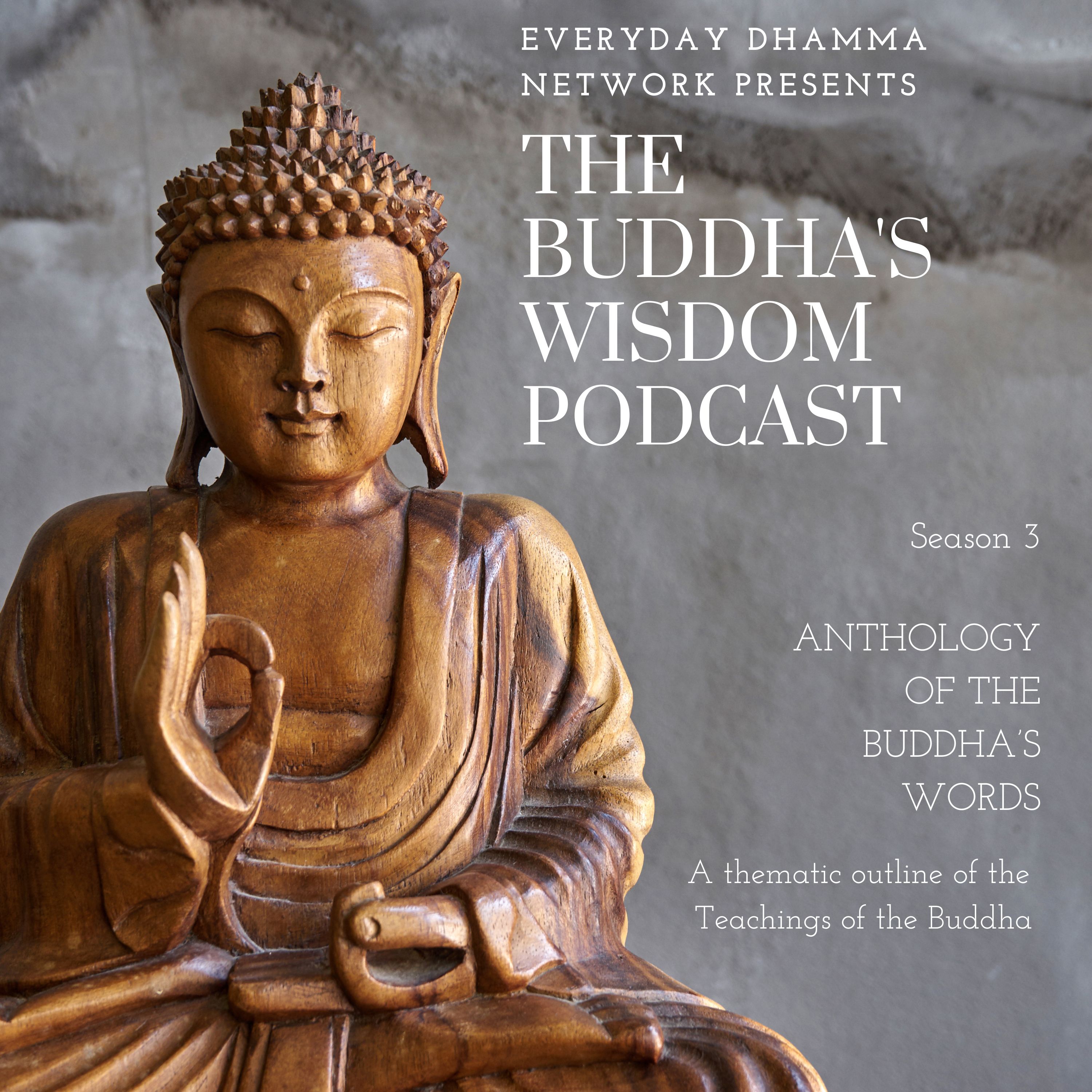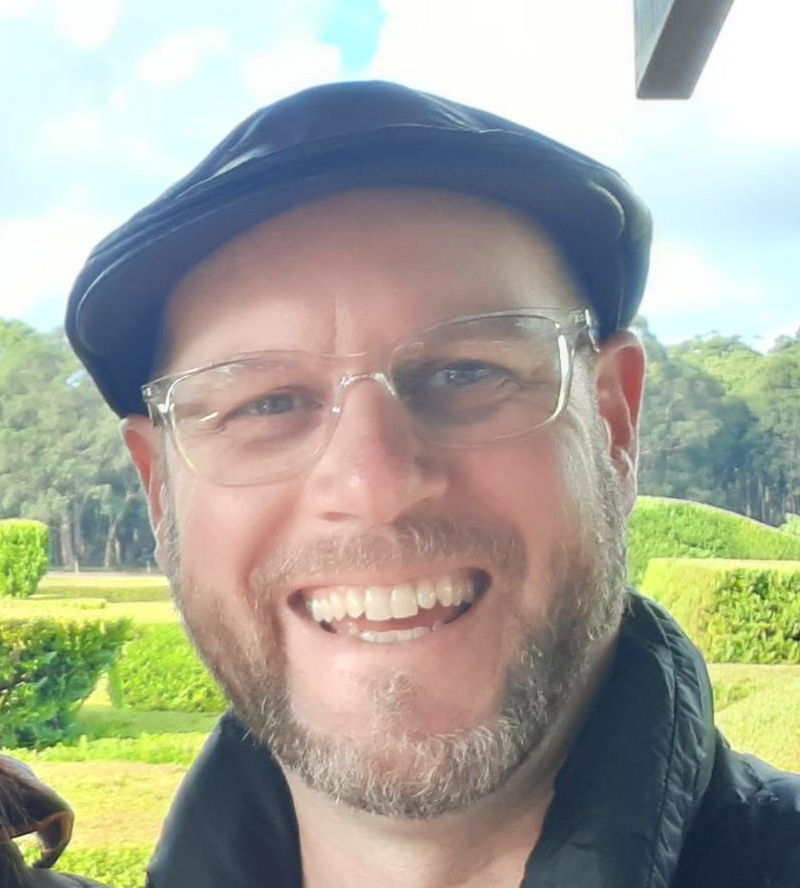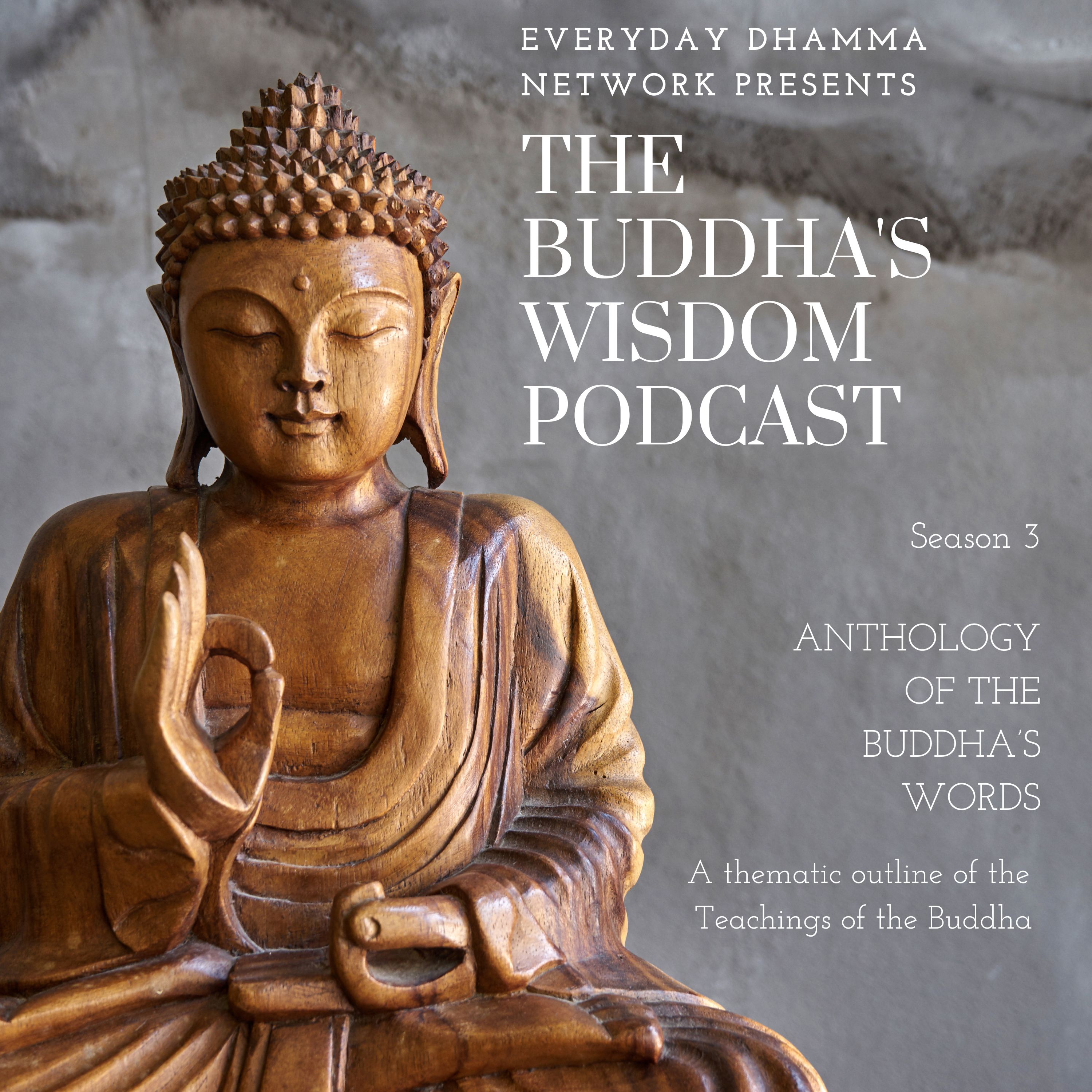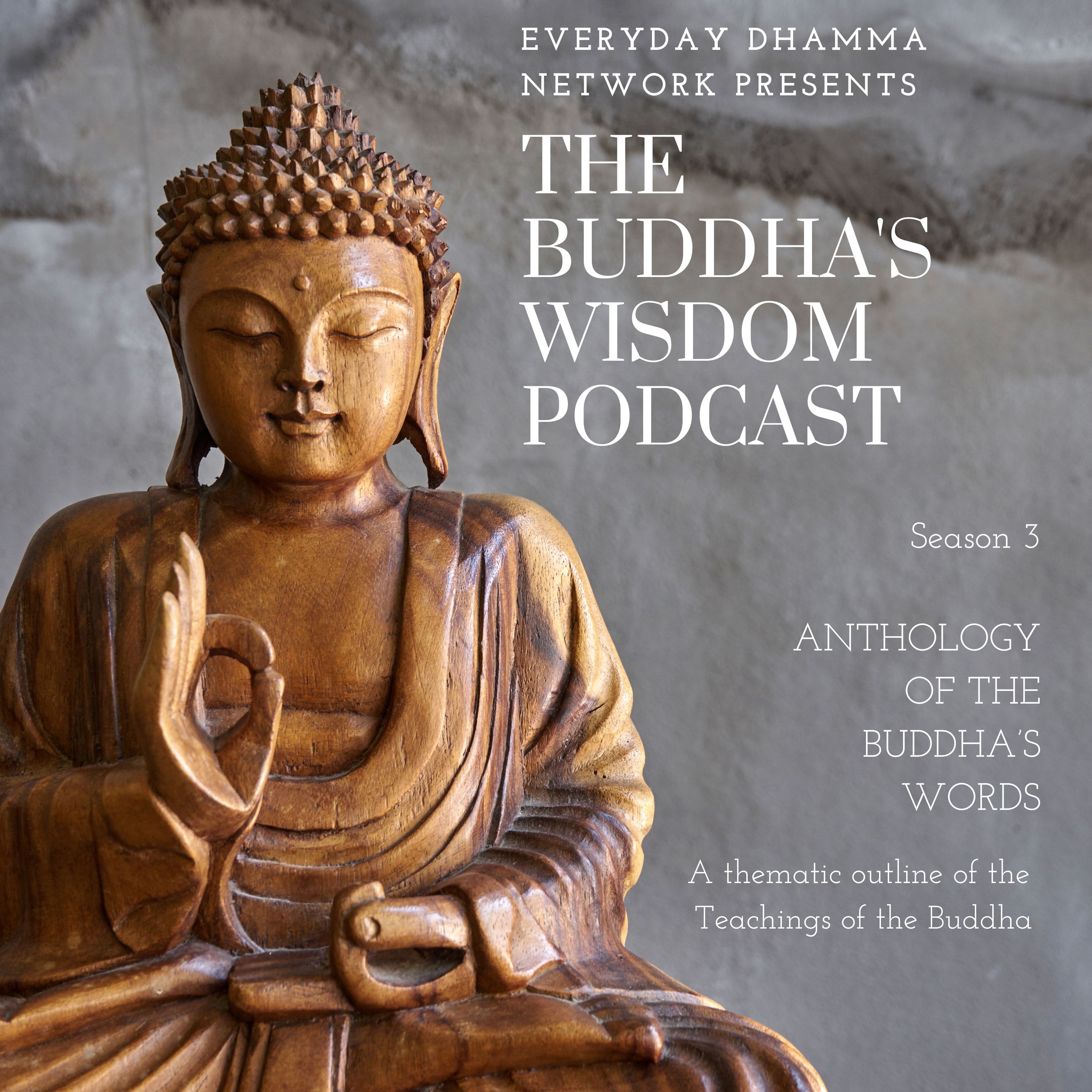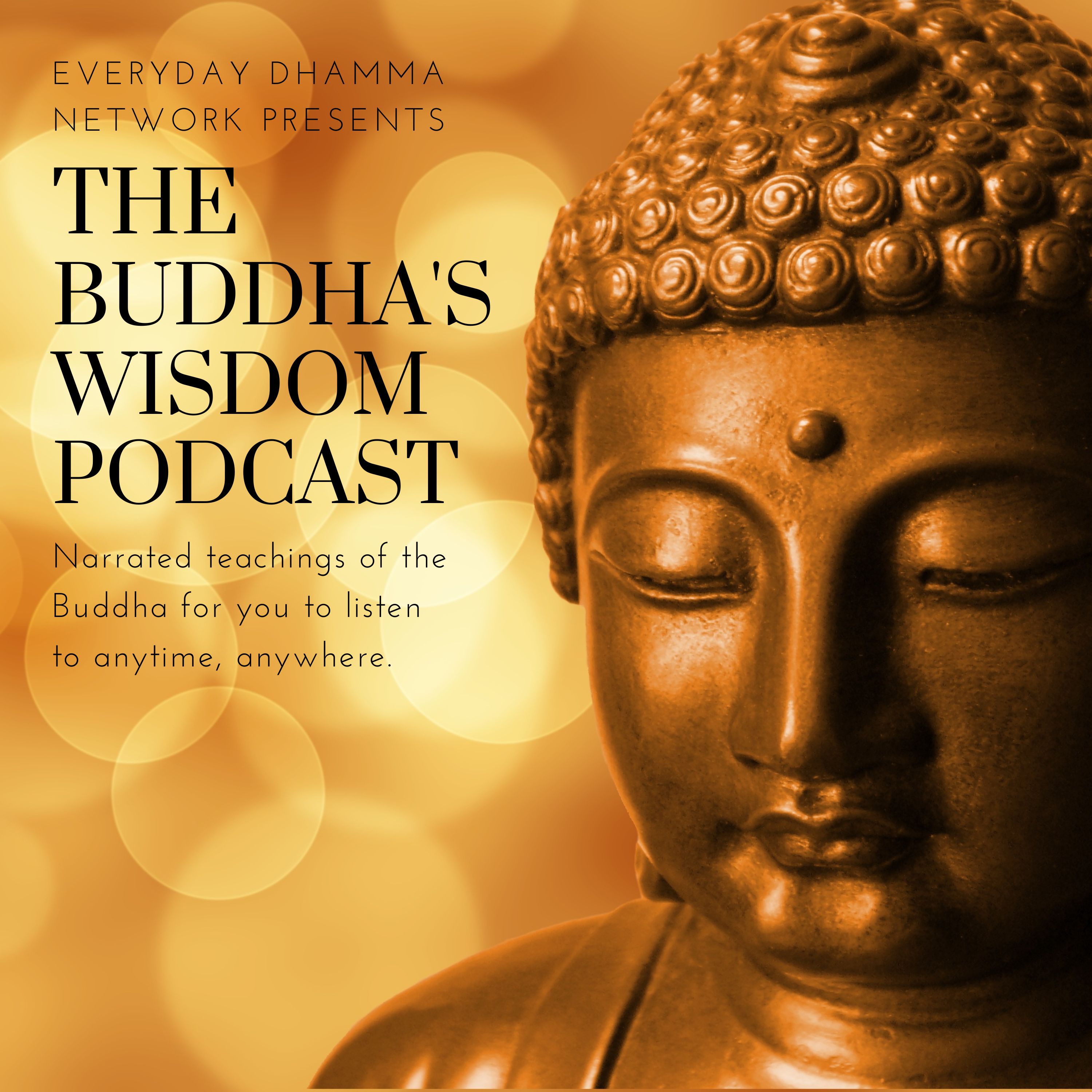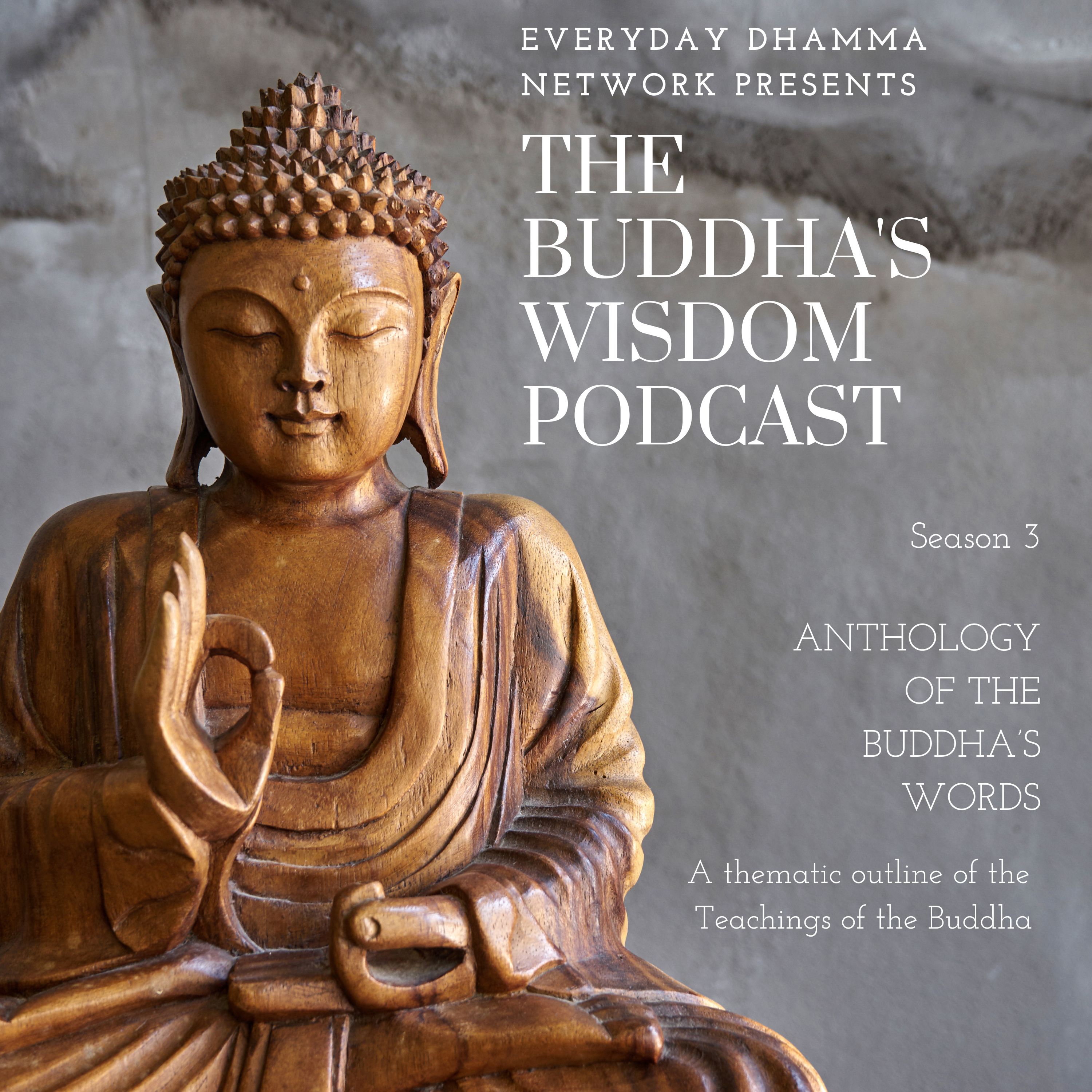Episode Transcript
## Sutta 1 - The Noble Search
Then it occurred to me, ‘This principle I have discovered is deep, hard to see, hard to understand, peaceful, sublime, beyond the scope of logic, subtle, comprehensible to the astute. But people like clinging, they love it and enjoy it. It’s hard for them to see this topic; that is, specific conditionality, dependent origination. It’s also hard for them to see this topic; that is, the stilling of all activities, the letting go of all attachments, the ending of craving, fading away, cessation, extinguishment. And if I were to teach this principle, others might not understand me, which would be wearying and troublesome for me.’
And then these verses, which were neither supernaturally inspired, nor learned before in the past, occurred to me:
> ‘I’ve struggled hard to realize this,enough with trying to explain it!Those mired in greed and hatecan’t really understand this teaching.
>
>
> It goes against the stream, subtle,deep, obscure, and very fine.Those besotted by greed cannot see,for they’re shrouded in a mass of darkness.’
>
So, as I reflected like this, my mind inclined to remaining passive, not to teaching the Dhamma.
Then the divinity Sahampati, knowing my train of thought, thought, ‘Oh lord! The world will be lost, the world will perish! For the mind of the Realized One, the perfected one, the fully awakened Buddha, inclines to remaining passive, not to teaching the Dhamma.’
Then, as easily as a strong person would extend or contract their arm, he vanished from the realm of divinity and reappeared in front of me. He arranged his robe over one shoulder, raised his joined palms toward me, and said, ‘Sir, let the Blessed One teach the Dhamma! Let the Holy One teach the Dhamma! There are beings with little dust in their eyes. They’re in decline because they haven’t heard the teaching. There will be those who understand the teaching!’
That’s what the divinity Sahampati said. Then he went on to say:
> ‘Among the Magadhans there appeared in the pastan impure teaching thought up by the stained.Fling open the door to freedom from death!Let them hear the teachingthe immaculate one discovered.
>
>
> Standing high on a rocky mountain,you can see the people all around.In just the same way, All-seer, so intelligent,having ascended the Temple of Truth,rid of sorrow, look upon the peopleswamped with sorrow,oppressed by rebirth and old age.
>
> Rise, hero! Victor in battle, caravan leader,wander the world cleared of debt.Let the Blessed One teach the Dhamma!There will be those who understand!’
>
Then, understanding the Divinity’s invitation, I surveyed the world with the eye of a Buddha, because of my compassion for sentient beings. And I saw sentient beings with little dust in their eyes, and some with much dust in their eyes; with keen faculties and with weak faculties, with good qualities and with bad qualities, easy to teach and hard to teach. And some of them lived seeing the danger in the fault to do with the next world, while others did not. It’s like a pool with blue water lilies, or pink or white lotuses. Some of them sprout and grow in the water without rising above it, thriving underwater. Some of them sprout and grow in the water reaching the water’s surface. And some of them sprout and grow in the water but rise up above the water and stand with no water clinging to them. In the same way, I saw sentient beings with little dust in their eyes, and some with much dust in their eyes.
Then I replied in verse to the divinity Sahampati:
> ‘Flung open are the doors to freedom from death!Let those with ears to hear commit to faith.Thinking it would be troublesome, Divinity, I did not teach the sophisticated, sublime Dhamma among mankind.’
>
Then the divinity Sahampati, knowing that his request for me to teach the Dhamma had been granted, bowed and respectfully circled me, keeping me on his right, before vanishing right there.
Then I thought, ‘Who should I teach first of all? Who will quickly understand this teaching?’
Then it occurred to me, ‘That Āḷāra Kālāma is astute, competent, clever, and has long had little dust in his eyes. Why don’t I teach him first of all? He’ll quickly understand the teaching.’
But a deity came to me and said, ‘Sir, Āḷāra Kālāma passed away seven days ago.’
And knowledge and vision arose in me, ‘Āḷāra Kālāma passed away seven days ago.’
I thought, ‘This is a great loss for Āḷāra Kālāma. If he had heard the teaching, he would have understood it quickly.’
Then I thought, ‘Who should I teach first of all? Who will quickly understand this teaching?’
Then it occurred to me, ‘That Uddaka son of Rāma is astute, competent, clever, and has long had little dust in his eyes. Why don’t I teach him first of all? He’ll quickly understand the teaching.’
But a deity came to me and said, ‘Sir, Uddaka son of Rāma passed away just last night.’
And knowledge and vision arose in me, ‘Uddaka son of Rāma passed away just last night.’
I thought, ‘This is a great loss for Uddaka. If he had heard the teaching, he would have understood it quickly.’
Then I thought, ‘Who should I teach first of all? Who will quickly understand this teaching?’
Then it occurred to me, ‘The group of five mendicants were very helpful to me. They looked after me during my time of resolute striving. Why don’t I teach them first of all?’
Then I thought, ‘Where are the group of five mendicants staying these days?’ With clairvoyance that is purified and superhuman I saw that the group of five mendicants were staying near Varanasi, in the deer park at Isipatana. So, when I had stayed in Uruvelā as long as I pleased, I set out for Varanasi.
While I was traveling along the road between Gayā and Bodhgaya, the Ājīvaka ascetic Upaka saw me and said, ‘Reverend, your faculties are so very clear, and your complexion is pure and bright. In whose name have you gone forth, reverend? Who is your Teacher? Whose teaching do you believe in?’
I replied to Upaka in verse:
> ‘I am the champion, the knower of all, unsullied in the midst of all things. I’ve given up all, freed through the ending of craving. Since I know for myself, whose follower should I be?
>
>
> I have no tutor. There is no-one like me.In the world with its gods,I have no rival.
>
> For in this world, I am the perfected one; I am the supreme Teacher.I alone am fully awakened,cooled, quenched.
>
> I am going to the city of Kāsito roll forth the Wheel of Dhamma. In this world that is so blind,I’ll beat the drum of freedom from death!’
>
‘According to what you claim, reverend, you ought to be the Infinite Victor.’
> ‘The victors are those who, like me,have reached the ending of defilements.I have conquered bad qualities, Upaka—that’s why I’m a victor.’
>
When I had spoken, Upaka said: ‘If you say so, reverend.’ Shaking his head, he took a wrong turn and left.
Traveling stage by stage, I arrived at Varanasi, and went to see the group of five mendicants in the deer park at Isipatana. The group of five mendicants saw me coming off in the distance and stopped each other, saying, ‘Here comes the ascetic Gotama. He’s so indulgent; he strayed from the struggle and returned to indulgence. We shouldn’t bow to him or rise for him or receive his bowl and robe. But we can set out a seat; he can sit if he likes.’ Yet as I drew closer, the group of five mendicants were unable to stop themselves as they had agreed. Some came out to greet me and receive my bowl and robe, some spread out a seat, while others set out water for washing my feet. But they still addressed me by name and as ‘reverend’.
So I said to them, ‘Mendicants, don’t address me by name and as “reverend”. The Realized One is perfected, a fully awakened Buddha. Listen up, mendicants: I have achieved freedom from death! I shall instruct you, I will teach you the Dhamma. By practicing as instructed you will soon realize the supreme end of the spiritual path in this very life. You will live having achieved with your own insight the goal for which gentlemen rightly go forth from the lay life to homelessness.’
But they said to me, ‘Reverend Gotama, even by that conduct, that practice, that grueling work you did not achieve any superhuman distinction in knowledge and vision worthy of the noble ones. How could you have achieved such a state now that you’ve become indulgent, strayed from the struggle and returned to indulgence?’
So I said to them, ‘The Realized One has not become indulgent, strayed from the struggle and returned to indulgence. The Realized One is perfected, a fully awakened Buddha. Listen up, mendicants: I have achieved freedom from death! I shall instruct you, I will teach you the Dhamma. By practicing as instructed you will soon realize the supreme end of the spiritual path in this very life.’
But for a second time they said to me, ‘Reverend Gotama … you’ve returned to indulgence.’
So for a second time I said to them, ‘The Realized One has not become indulgent …’
But for a third time they said to me, ‘Reverend Gotama, even by that conduct, that practice, that grueling work you did not achieve any superhuman distinction in knowledge and vision worthy of the noble ones. How could you have achieved such a state now that you’ve become indulgent, strayed from the struggle and returned to indulgence?’
So I said to them, ‘Mendicants, have you ever known me to speak like this before?’
‘No sir, we have not.’
‘The Realized One is perfected, a fully awakened Buddha. Listen up, mendicants: I have achieved freedom from death! I shall instruct you, I will teach you the Dhamma. By practicing as instructed you will soon realize the supreme end of the spiritual path in this very life. You will live having achieved with your own insight the goal for which gentlemen rightly go forth from the lay life to homelessness.’
I was able to persuade the group of five mendicants. Then sometimes I advised two mendicants, while the other three went for alms. Then those three would feed all six of us with what they brought back. Sometimes I advised three mendicants, while the other two went for alms. Then those two would feed all six of us with what they brought back.
As the group of five mendicants were being advised and instructed by me like this, being themselves liable to be reborn, understanding the drawbacks in being liable to be reborn, they sought that which is free of rebirth, the supreme sanctuary from the yoke, extinguishment—and they found it. Being themselves liable to grow old, fall sick, die, sorrow, and become corrupted, understanding the drawbacks in these things, they sought that which is free of old age, sickness, death, sorrow, and corruption, the supreme sanctuary from the yoke, extinguishment—and they found it. Knowledge and vision arose in them: ‘Our freedom is unshakable; this is our last rebirth; now there’ll be no more future lives.’
MN26. Ariyapariyesana Sutta
## Sutta 2 - The Rolling Forth of the Wheel of Dhamma
At one time the Buddha was staying near Varanasi, in the deer park at Isipatana. There the Buddha addressed the group of five mendicants:
“Mendicants, these two extremes should not be cultivated by one who has gone forth. What two? Indulgence in sensual pleasures, which is low, crude, ordinary, ignoble, and pointless. And indulgence in self-mortification, which is painful, ignoble, and pointless. Avoiding these two extremes, the Realized One understood the middle way of practice, which gives vision and knowledge, and leads to peace, direct knowledge, awakening, and extinguishment.
And what is that middle way of practice? It is simply this noble eightfold path, that is: right view, right thought, right speech, right action, right livelihood, right effort, right mindfulness, and right immersion. This is that middle way of practice, which gives vision and knowledge, and leads to peace, direct knowledge, awakening, and extinguishment.
Now this is the noble truth of suffering. Rebirth is suffering; old age is suffering; illness is suffering; death is suffering; association with the disliked is suffering; separation from the liked is suffering; not getting what you wish for is suffering. In brief, the five grasping aggregates are suffering.
Now this is the noble truth of the origin of suffering. It’s the craving that leads to future lives, mixed up with relishing and greed, taking pleasure wherever it lands. That is, craving for sensual pleasures, craving to continue existence, and craving to end existence.
Now this is the noble truth of the cessation of suffering. It’s the fading away and cessation of that very same craving with nothing left over; giving it away, letting it go, releasing it, and not clinging to it.
Now this is the noble truth of the practice that leads to the cessation of suffering. It is simply this noble eightfold path, that is: right view, right thought, right speech, right action, right livelihood, right effort, right mindfulness, and right immersion.
‘This is the noble truth of suffering.’ Such was the vision, knowledge, wisdom, realization, and light that arose in me regarding teachings not learned before from another. ‘This noble truth of suffering should be completely understood.’ Such was the vision that arose in me … ‘This noble truth of suffering has been completely understood.’ Such was the vision that arose in me …
‘This is the noble truth of the origin of suffering.’ Such was the vision that arose in me … ‘This noble truth of the origin of suffering should be given up.’ Such was the vision that arose in me … ‘This noble truth of the origin of suffering has been given up.’ Such was the vision that arose in me …
‘This is the noble truth of the cessation of suffering.’ Such was the vision that arose in me … ‘This noble truth of the cessation of suffering should be realized.’ Such was the vision that arose in me … ‘This noble truth of the cessation of suffering has been realized.’ Such was the vision that arose in me …
‘This is the noble truth of the practice that leads to the cessation of suffering.’ Such was the vision that arose in me … ‘This noble truth of the practice that leads to the cessation of suffering should be developed.’ Such was the vision that arose in me … ‘This noble truth of the practice that leads to the cessation of suffering has been developed.’ Such was the vision, knowledge, wisdom, realization, and light that arose in me regarding teachings not learned before from another.
As long as my true knowledge and vision about these four noble truths was not fully purified in these three rounds and twelve aspects, I didn’t announce my supreme perfect awakening in this world with its gods, Māras, and Divinities, this population with its ascetics and brahmins, its gods and humans.
But when my true knowledge and vision about these four noble truths was fully purified in these three rounds and twelve aspects, I announced my supreme perfect awakening in this world with its gods, Māras, and Divinities, this population with its ascetics and brahmins, its gods and humans.
Knowledge and vision arose in me: ‘My freedom is unshakable; this is my last rebirth; now there’ll be no more future lives.’”
That is what the Buddha said. Satisfied, the group of five mendicants approved what the Buddha said.
And while this discourse was being spoken, the stainless, immaculate vision of the Dhamma arose in Venerable Koṇḍañña: “Everything that has a beginning has an end.”
And when the Buddha rolled forth the Wheel of Dhamma, the earth gods raised the cry: “Near Varanasi, in the deer park at Isipatana, the Buddha has rolled forth the supreme Wheel of Dhamma. And that wheel cannot be rolled back by any ascetic or brahmin or god or Māra or divinity or by anyone in the world.”
Hearing the cry of the earth gods, the gods of the four great kings … the gods of the thirty-three … the gods of Yama … the joyful gods … the gods who love to imagine … the gods who control what is imagined by others … the gods of the Divinity’s host raised the cry: “Near Varanasi, in the deer park at Isipatana, the Buddha has rolled forth the supreme Wheel of Dhamma. And that wheel cannot be rolled back by any ascetic or brahmin or god or Māra or divinity or by anyone in the world.”
And so at that moment, that second, that hour, the cry soared up to the realm of divinity. And this ten-thousandfold galaxy shook and rocked and trembled. And an immeasurable, magnificent light appeared in the world, surpassing the glory of the gods.
Then the Buddha expressed this heartfelt sentiment: “Koṇḍañña has really understood! Koṇḍañña has really understood!”
And that’s how Venerable Koṇḍañña came to be known as “Koṇḍañña Who Understood”.
SN56:11. Dhammacakkappavattana Sutta
